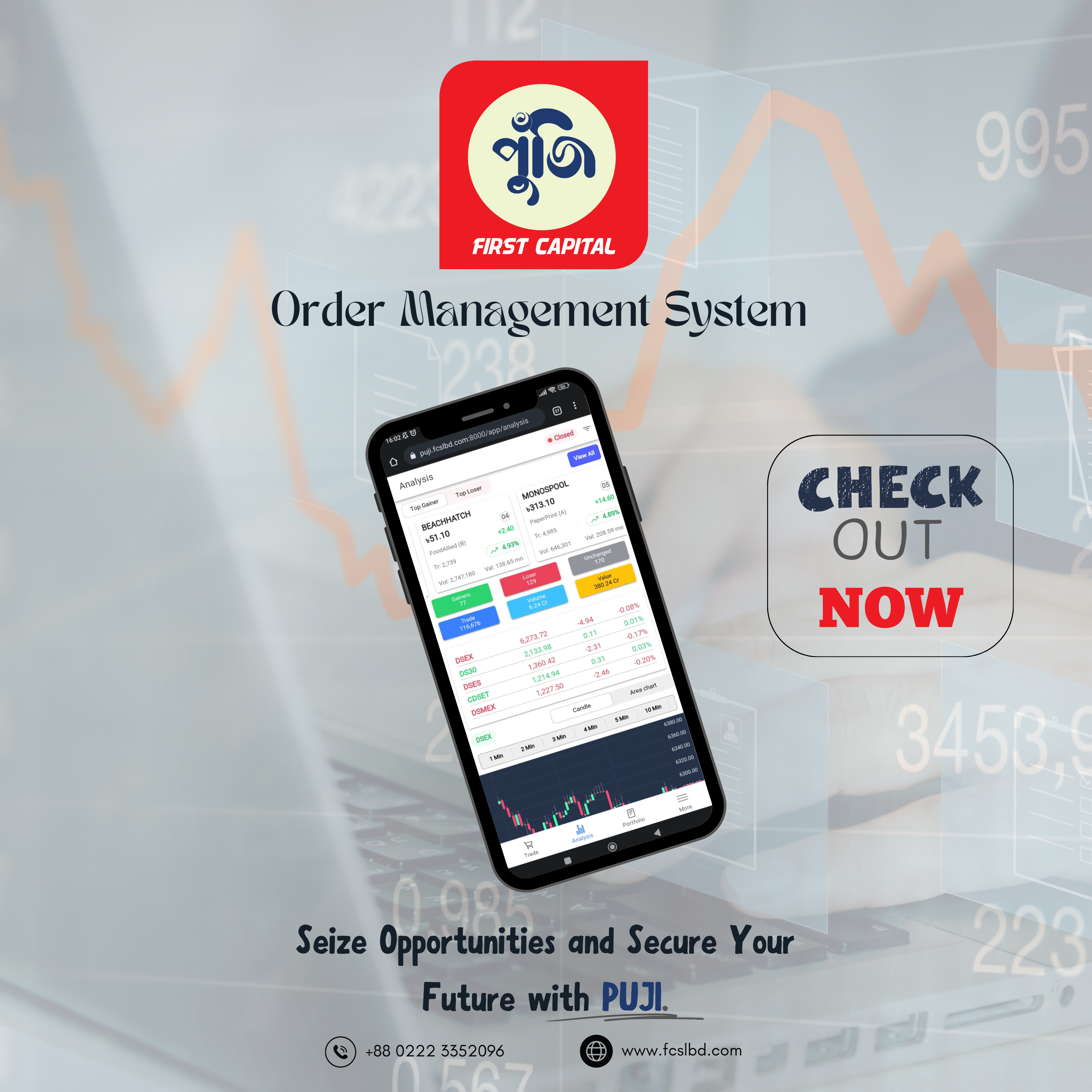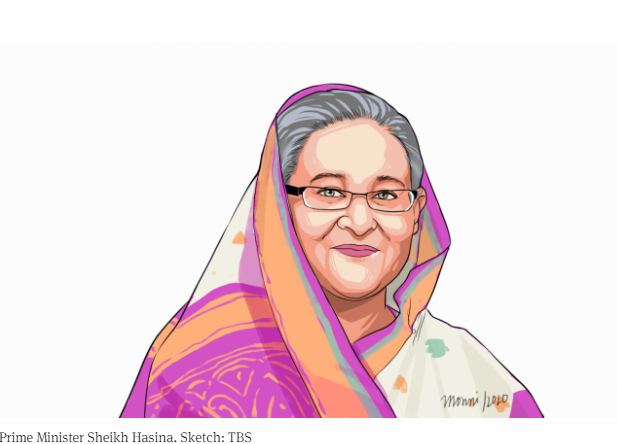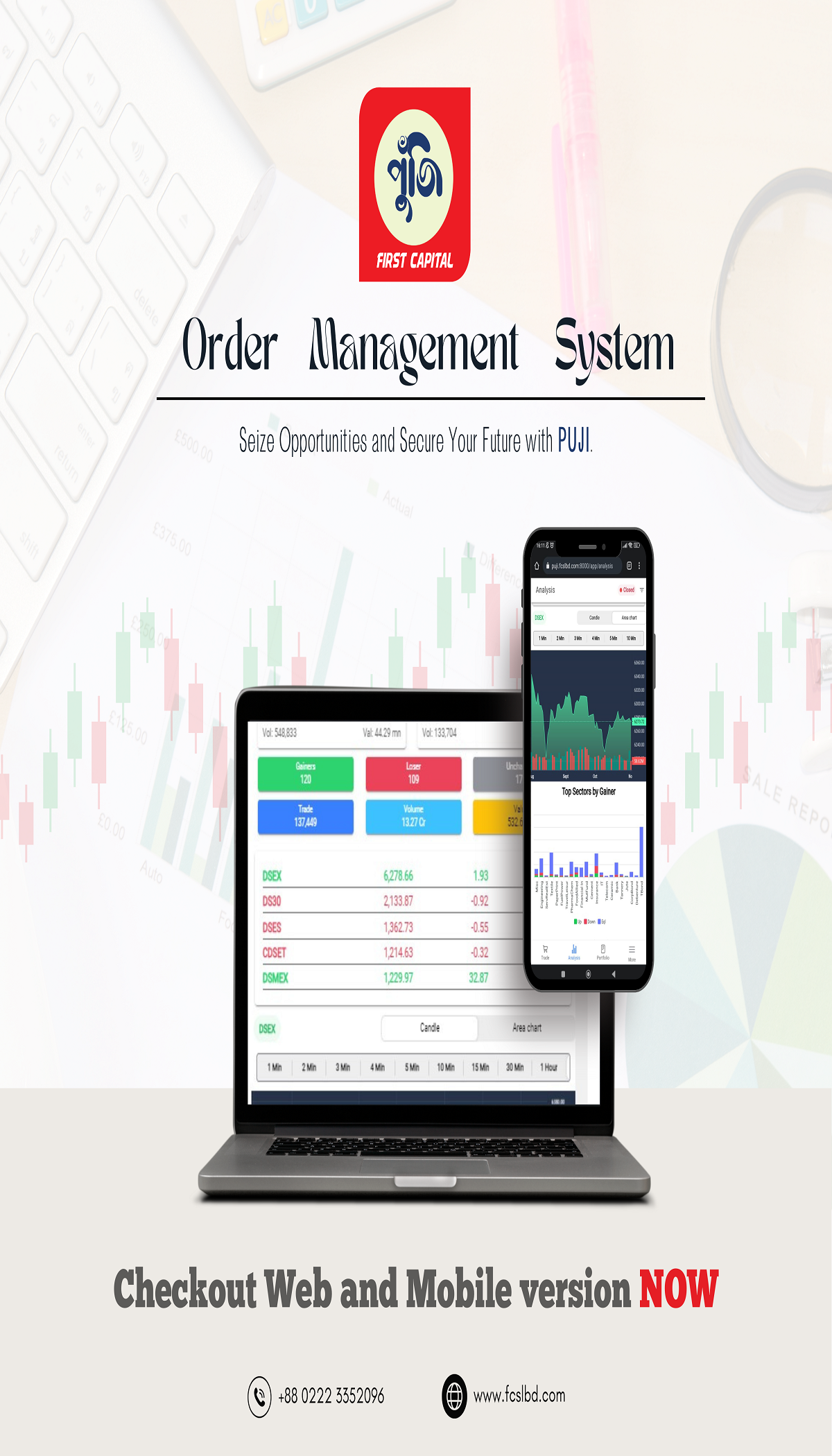Additionally, the duty-free vehicle import benefit for members of parliament may be withdrawn with a proposed 25% customs duty. The tax is currently as high as 800% for general importers.
Prime Minister Sheikh Hasina has directed the National Board of Revenue (NBR) not to increase taxes on food, agro-related items, and fertilisers in the upcoming budget, given the country’s high food inflation while the NBR plans to reduce corporate tax for non-listed companies by 2.5% to 25%, with conditions requiring transactions through banking channels.
Besides, in the Tk8 lakh crore budget for FY25 approved by the prime minister today (14 May), there may be bad news awaiting the country’s millions of mobile phone and internet users as the NBR is considering making talk time and internet use costlier by increasing supplementary duty which is already among the highest in the world.
Additionally, the duty-free vehicle import benefit for members of parliament may be withdrawn with a proposed 25% customs duty. The tax is currently as high as 800% for general importers.
According to NBR sources, fiscal policy officials from the NBR met with the prime minister today (14 May) to inform her about the proposed policy changes.
Moreover, capital gains amounting to over Tk40 lakh from the stock market will be taxed in the upcoming budget. It is presently exempted.
Currently, listed companies in the stock market are enjoying a 20% corporate tax rate, while non-listed companies have to pay 27.5%. However, both must maintain formal transactions after reaching a certain level which many companies cannot comply with.
“We now turn to incentive-driven tax policies. Companies will get the benefit of paying tax at a lower rate if they conduct transactions above a certain level through formal channels,” a senior NBR official told The Business Standard on condition of anonymity.
“We have already discussed this proposal with the prime minister,” he said.
Sources present at the meeting with the prime minister told TBS, “The prime minister directed the NBR not to hike any duty or tax on food and food-related items as food inflation is already high.”
According to the latest data from the Bangladesh Bureau of Statistics (BBS), in April, Bangladesh’s food inflation was over 10%.
Some food items, food grains, agricultural inputs, including fertiliser, and some basic industrial raw materials currently enjoy zero-duty benefits.
Tax hike on mobile talk time
An NBR official told TBS on condition of anonymity that they are considering increasing the supplementary duty on mobile phone talk time and internet usage by five percentage points in the upcoming budget.
“We hope this proposal will be placed in the parliament,” he said.
Currently, with value-added tax (VAT), supplementary duty, and surcharge, the total tax on mobile phone users is more than 33%. That means if anyone recharges Tk100 for talk time, the person currently receives less than Tk67 worth of usage.
If NBR’s new plan comes into effect, people’s mobile phone costs will increase by another Tk5, and their usable amount will shrink to less than Tk62. In the case of internet usage, costs will also increase by Tk5.
Stakeholders say that if charges for mobile and internet use increase further, it would create additional pressure on consumers, especially on low-income earners.
SM Nazer Hossain, vice president of the Consumers Association of Bangladesh (CAB), said, “These are not luxury items. People use mobile phones and the internet out of necessity. Costs should not be increased again for this.”
“The services are currently taxed at very high rates. People have been facing high inflation for a long time. So there should not be further taxation on these services,” he added.
Dr Ahsan H. Mansur, executive director of the Policy Research Institute (PRI), told TBS, “It would be a wrong move if the government further increases tax on talk time and internet usage, as the country’s telecom sector already has one of the highest tax rates in the world.”
“It would decrease people’s data usage leading to a decrease in overall productivity, which would undermine the government’s digital and smart Bangladesh plan. The cost of internet usage needs to be decreased,” he said.
Sahed Alam, chief corporate and regulatory officer of Robi Axiata Limited, one of the largest mobile operators in the country, said the increased tax burden will further accelerate the negative trend in this sector.
“Already burdened with high taxes, another increase in the supplementary duty on various services in the mobile telecommunication sector will have an adverse impact on customers as well as on the overall consumption of mobile-internet services, especially when the number of mobile internet users has been declining for the past few quarters,” he said.
“We believe that overall, the objective of increasing the tax rate will not be successful as it will reduce the total amount of mobile consumer spending,” he added.
‘Mobile phone sector is the golden goose for NBR’
Economist Dr Ahsan Mansur termed the mobile phone sector as the “golden goose” for the country’s revenue authority.
Before 2015, there was a straight 15% VAT on mobile talk time. In FY25, the NBR increased the supplementary duty by 3%. Over the next five years, the revenue authority further increased the supplementary duty by 12% step by step, along with a 1% development surcharge.
On the other hand, the country’s mobile phone companies have to pay as high as 45% corporate tax.
An official of the NBR said, “If NBR’s new plan comes into effect, it will create an opportunity to collect another around Tk1,000 crore.”
Dr Mansur said the decision would undermine the sector’s growth and investment in Bangladesh.
According to NBR sources, the country’s mobile phone sector’s VAT and supplementary duty payments rank second highest following tobacco. The lion’s share of VAT and supplementary duty comes from consumers. In FY23, NBR collected Tk9,438 crore from the mobile phone sector.
According to the Bangladesh Telecommunication Regulatory Authority (BTRC), as of July 2023, the country’s mobile phone subscribers numbered over 19 crore, with an average growth of 7 million over the last eight years.
On the other hand, the number of internet users is over 13 crore, with a growth rate of 1 crore in the last eight years.
Tax on talk time one of the highest in Bangladesh
According to industry insiders, Bangladesh’s consumers and mobile operators have to pay some of the highest taxes in the world.
Currently, Bangladesh’s total effective tax on consumers for talk time is 33.25%, comprising 15% VAT, 15% supplementary duty, and 1% surcharge.
Neighbouring India taxes at 18%, Malaysia 6%, Thailand 7%, Nigeria 7.5%, Singapore 9%, and Indonesia 11%. Only Pakistan’s rate is slightly higher than Bangladesh’s, at 34.5%.
‘Companies fail to get tax cut benefit’
Stakeholders say the challenges faced by companies in availing the benefits of reduced corporate tax rates highlight the complexities of transitioning to a formal economy and the need for a gradual approach to policy implementation.
“While the government’s initiative to reduce corporate tax rates is a positive step towards promoting business growth and competitiveness, issues such as disallowances and stringent conditions can undermine the intended benefits for a significant number of companies,” Naser Ezaz Bijoy, former president of Foreign Investors Chamber of Commerce and Industry (FICCI), told TBS.
Mahmudul Hasan Khusru, former president of Institute of Chartered Accountant of Bangladesh (ICAB), said, “Limitations such as the yearly cash transaction threshold of Tk36 lakh for companies may not be feasible for businesses operating in predominantly informal sectors of the economy. Many companies may find it challenging to meet these requirements, thereby missing out on the tax cut incentives.”
NBR has not chalked out any projection on how much they have to exempt due to the corporate tax cut. A senior NBR official said, “Our main target is to formalise the economy.”
source: https://www.tbsnews.net/nbr/pm-no-tax-hike-food-fight-inflation-nbr-plans-more-corporate-tax-cut-851336
prime minister tax hike no food




